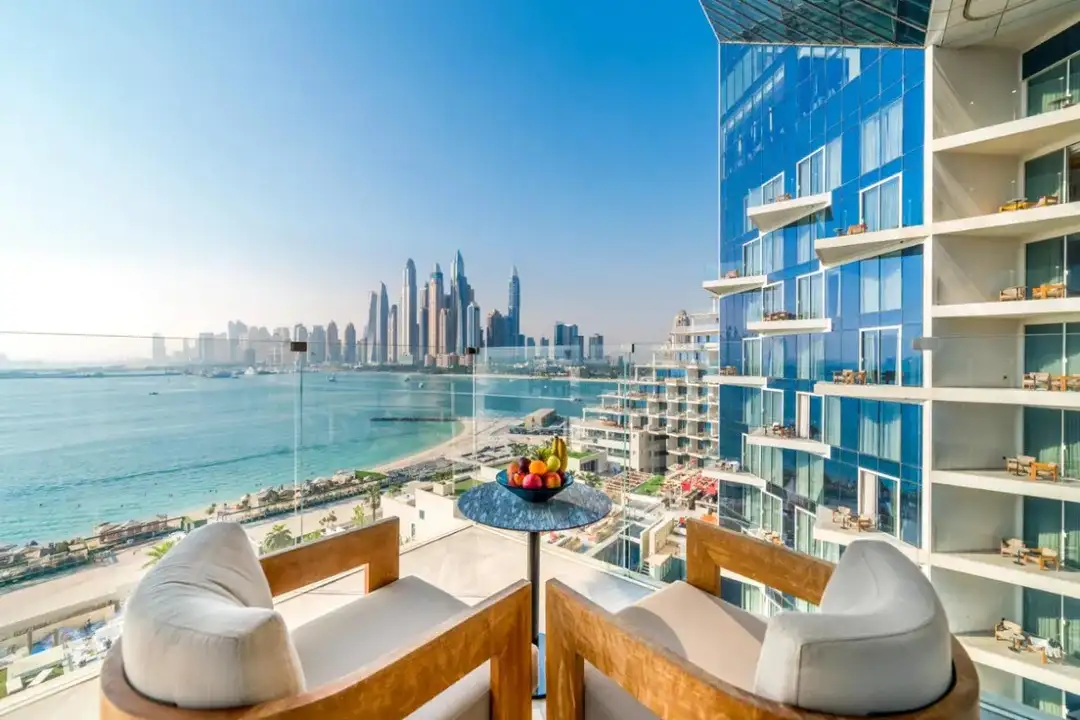Dubai has become a prime destination for property investors worldwide. Amid its real estate terminology, the term 'freehold' often emerges. For those unfamiliar with Dubai's property landscape, understanding freehold property is crucial, especially if considering a long-term investment.
Defining Freehold Property
In simple terms, a freehold property in Dubai is one where an individual or a company, regardless of nationality, has full ownership rights to the property, both for the structure and the land it stands on. This ownership is for life, and the owner has the right to sell, lease, or use the property as they see fit without any restrictions.
The Evolution of Freehold Ownership in Dubai
Historically, property ownership in Dubai was restricted. Foreign nationals could only rent or hold leasehold properties for a maximum of 99 years. However, in 2002, a groundbreaking change took place. The Dubai government introduced a law allowing foreign nationals to acquire freehold property ownership but only in designated areas.
Benefits of Owning Freehold Property in Dubai
- Lifetime Ownership: As mentioned, freehold property owners have the property rights for life, providing security and peace of mind.
- No Restrictions on Transfer: Owners can freely sell, lease, or pass on their freehold property to their heirs without any constraints.
- Profit Potential: Given the growth trajectory of Dubai's real estate market, freehold properties can offer significant capital appreciation over time.
- Residency Advantages: Purchasing a freehold property in Dubai often comes with the added benefit of being eligible for a UAE residence visa, subject to certain conditions.
Designated Freehold Zones
Over the years, the number of freehold zones in Dubai has expanded. Today, many sought-after locations allow freehold ownership, such as:
- Dubai Marina
- Palm Jumeirah
- Downtown Dubai
- Jumeirah Lake Towers
- Dubai Hills Estate
- And many more...
Points to Consider
- Regulations: While the freehold policy is progressive, it's crucial to stay updated with any regulatory changes or requirements.
- Due Diligence: Always engage with reputable real estate agencies and legal advisors when purchasing freehold properties to ensure the transaction's legitimacy.
- Cultural Understanding: Dubai, being part of the UAE, has a unique blend of tradition and modernity. While the emirate is forward-thinking, understanding local customs and regulations can enhance the property-buying experience.
In Conclusion:
Dubai's freehold property policy is a testament to its commitment to fostering an inclusive and global real estate market. The initiative not only propels foreign investment but also solidifies the emirate's position as a premier real estate destination. If you're considering diving into Dubai's property market, understanding freehold ownership is an excellent place to start.




%20(1).webp)
